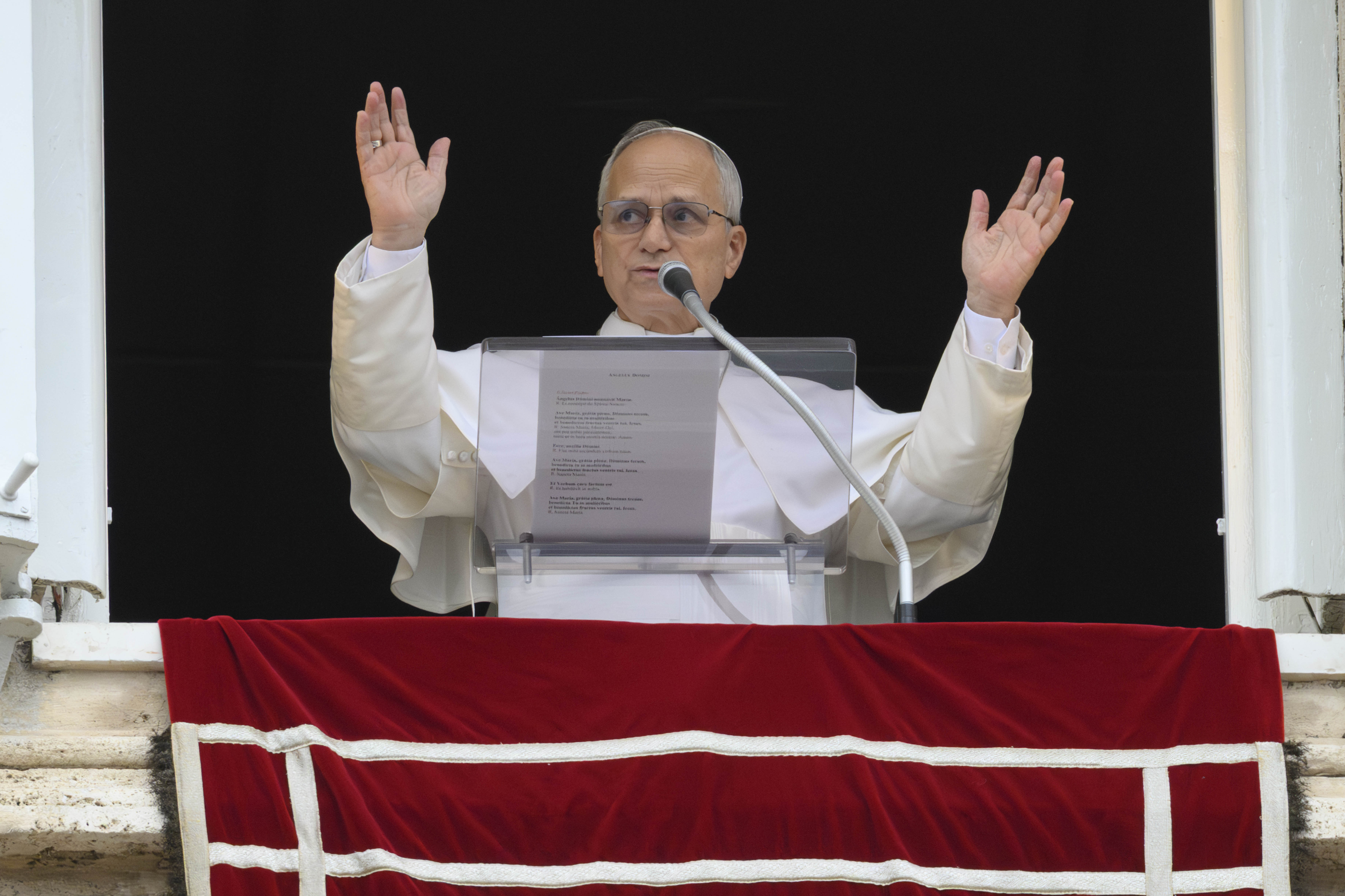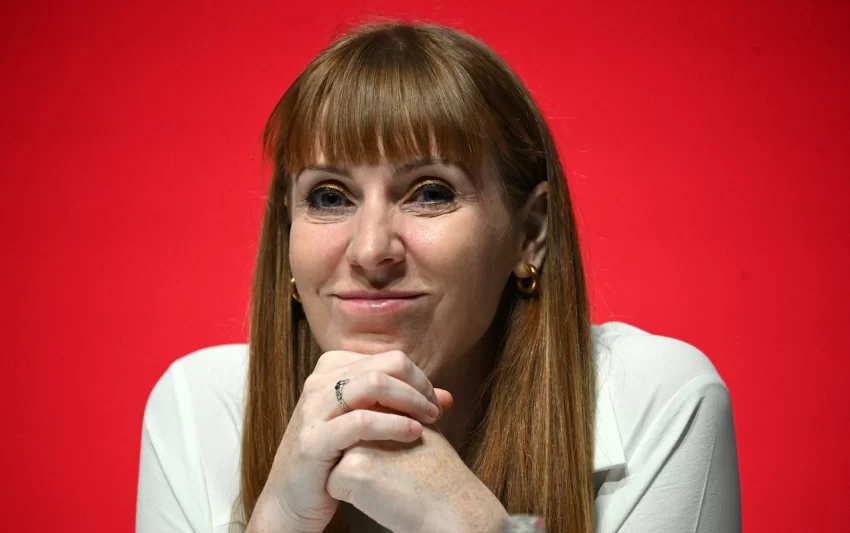Confused politics fans the flames of southern Europe’s wildfires
In March, Cyprus boasted that it was better prepared than ever to tackle the earth-scorching wildfires that now rage across southern Europe with alarming frequency.
The government had 11 planes ready to go. The firefighting corps was up 27 percent. There were 25 new fire engines available.
It wasn’t enough.
When a massive blaze began in the south of the island earlier this month, the government’s early warning system didn’t go off. An update, planned for 2024, had been delayed. Locals then complained that the evacuation strategy was unclear, and wildfire specialists said the country waited too long to request EU assistance.
The result was devastating. The fire, the country’s worst in two decades, hit Limassol, Cyprus’s second-biggest city. An elderly couple was found dead in their car.
Within days, the government faced a barrage of questions, such as why hadn’t the warning system worked, and why was the response so disjointed?
Cypriot President Nikos Christodoulides has had few answers, only an apology amid a swirl of calls for accountability and resignations.
“At a critical moment like this, the government did not respond as it should have. … I apologize,” he said on national TV. Officials would investigate, he vowed, and “improve the weaknesses of the system.”
While the Cypriot government has denied it was ill-prepared — pointing to the new resources, staff upgrades and updated protocols — its struggles are emblematic of the situation now engulfing southern Europe.
Right now, wildfires are raging in Portugal, Spain, the south of France, Sardinia, Greece, Bulgaria, Albania, North Macedonia and Turkey. More than twice the area has already burned this year compared to the same period last year, which was a record-breaking fire season, according to the EU’s Joint Research Center. Climate change is only making the situation worse.

The risk of more fires breaking out remains high, the center added. And governments still aren’t ready, specialists warn.
What went wrong
In part, the situation in Cyprus is beyond the government’s control.
The country has been experiencing increased temperatures for three consecutive years, accompanied by continuous drought conditions that have significantly depleted its water reserves. That makes firefighting particularly difficult, said Savvas Iezekiel, head of the Cyprus forestry department.
“Nobody was ready for this fire,” he said, “but we did what we could.”
Yet other elements, such as the early warning system, were directly within the government’s remit.
Since 2022, Cyprus has been planning an update of that system to comply with EU law, aiming to complete it by 2024. But that never happened.
The government awarded the contract to a private firm, but other companies formally challenged the decision, causing the government to cancel the process in May 2024 and start over.
Interior Minister Constantinos Ioannou said the authorities tried to fast-track the process, citing security concerns, but couldn’t meet the required legal threshold.
“If something goes wrong, it does not necessarily mean that the political superior is responsible,” Ioannou told a local TV station.
The government says it is now working to get the new system functioning by early next year. The updates, in theory, will allow the government to send local populations mass text messages with wildfire warnings, information and evacuation routes. They are also meant to let authorities better locate people who call emergency services.
But it wasn’t just the technology that fell short.
Locals complained that the evacuation strategy was confusing and delayed — something Ioannou denied. He argued the plans functioned effectively, noting that numerous villages were evacuated.

Wildfire specialists said the government also moved too slowly to request EU aid, even though the European Commission and neighboring countries eventually sent planes.
Notably, Cyprus is not part of the rescEU program, an EU initiative to stockpile and share disaster response resources. The country held out due to political differences between its previous president, Nicos Anastasiades, and its former EU commissioner in Brussels, Christos Stylianides, who created the program.
And as the fire raged last week, Stylianides said it was high time for Cyprus to join the program.
Others criticized the government’s refusal to accept help from the Turkish-occupied part of the island in the north.
More broadly, those studying firefighting policy say Cyprus hasn’t adequately implemented wildfire surveillance mechanisms. And a report from fire expert Gavriel Xanthopoulos — compiled in March but revealed on Wednesday — said the country needed better cooperation between its fire service and forestry department.
“We ask for forgiveness if we were unable to respond to all incidents at the same time,” Nikos Logginos, who runs the Cyprus Fire Service, told local TV. “Our resources were not inexhaustible.”
Government spokesman Konstantinos Letymbiotis denied the government had been negligent. “All the plans and all the protocols which had been drawn up were activated in unprecedented conditions,” he told local media.
A political crisis
Politicians across the spectrum have pounced on the government in the wake of the fires.
Stefanos Stefanou, the leader of the left-wing opposition Progressive Party of Working People, immediately called on the government to resign, arguing that it had failed to fulfill its responsibilities.
Annita Demetriou, the head of the center-right Democratic Rally, said an apology from the president was “not enough.”
President Christodoulides, a conservative politician who left the Democratic Rally in 2023 to run as an independent, has so far resisted calls for any heads to roll. But a government reshuffle is inevitable, according to Andreas Theophanous, a professor and president of the Cypriot Center for European and International Affairs.
“I expect that it may take a few weeks, but we’ll have a general reshuffling of the government so that there will be a new beginning,” he said.

For Cyprus, the stakes go far beyond politics. The costs of such climate change-enhanced disasters are enormous and rising — inaction could cost the country up to €18 billion by 2050 if it does nothing, according to an assessment from Theodoros Zachariadis, director of the Energy Environment and Water Research Centre at the Cyprus Institute. In the process, he added, food and electricity prices will rise, and labor productivity will decrease. Tourists will increasingly stay away.
On Wednesday, the government began its campaign to help people recover. Officials announced immediate financial aid for those who lost property or agricultural fields in the wildfires. They also allocated funds to restore key infrastructure.
Maria Panayiotou, Cyprus’s rural development and environment minister, also told POLITICO about steps the government has been taking to improve its wildfire protocol.
The country’s Department of Forests now has its largest workforce in years, as well as additional fire protection equipment that the department has been requesting. The government is also taking new preventative steps, such as controlled grazing and burning, for the first time.
Yet, Panayiotou conceded, “as the president of the Republic pointed out, we cannot be satisfied with the result.”
All departments involved in firefighting are now preparing reports, due Friday, to assess what went wrong.
“These reports will be made public and will form the basis for the necessary institutional and operational improvements,” Panayiotou said.
Those reports will land in a climate of exasperation. Floundering fire management is not a new issue in Cyprus.
“Anger is growing among the people,” said Theophanous, the Cypriot Center for European and International Affairs president. And political parties, including the far-right, “are going to try to take advantage of it,” he added.
Ultimately, he said, it’s a problem that stretches across years.
“Successive governments,” he lamented, “have not done their homework.”
Nektaria Stamouli reported from Athens and Louise Guillot reported from Brussels.




















:quality(85):upscale()/2023/09/18/918/n/1922398/a1136b676508baddc752f5.20098216_.jpg)
:quality(85):upscale()/2025/10/09/670/n/1922283/00b944c868e7cf4f7b79b3.95741067_.jpg)
:quality(85):upscale()/2025/10/15/765/n/1922398/29c37a6e68efd84bb02f35.49541188_.jpg)
:quality(85):upscale()/2025/09/09/891/n/1922283/7222624268c08ccba1c9a3.01436482_.png)
















